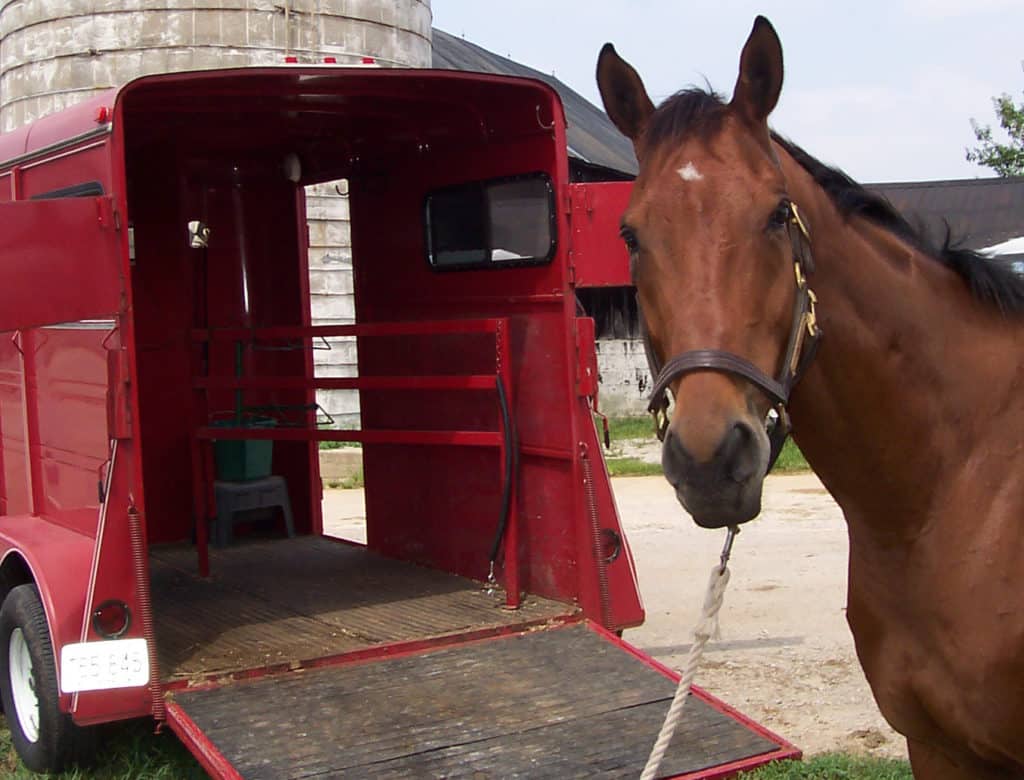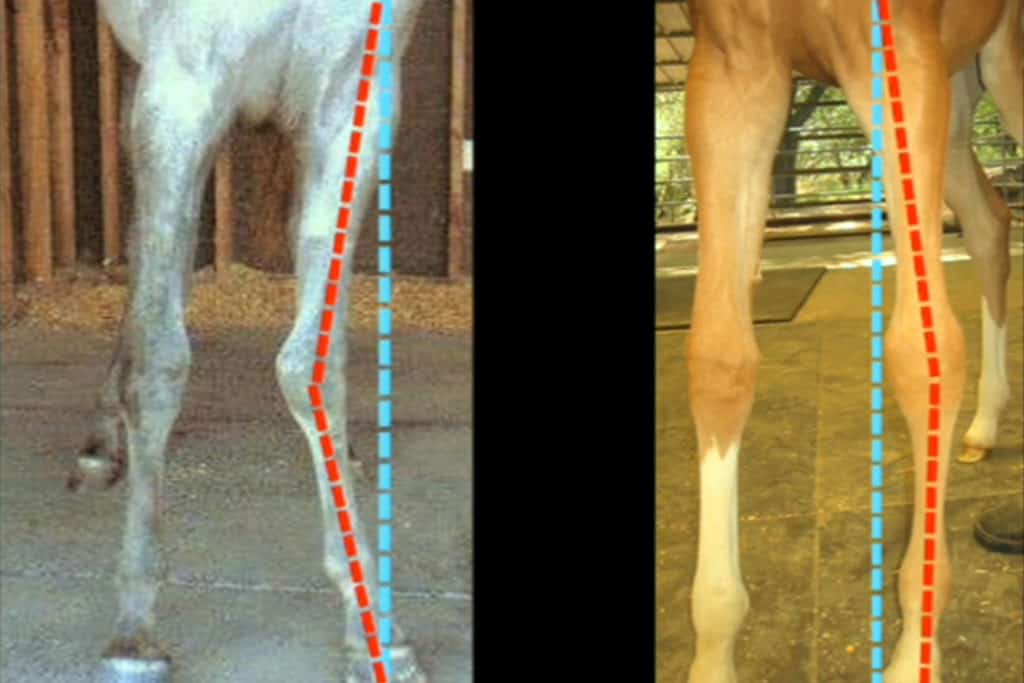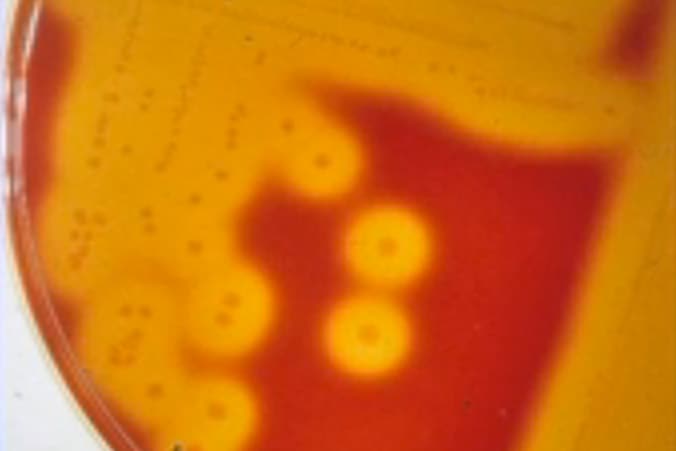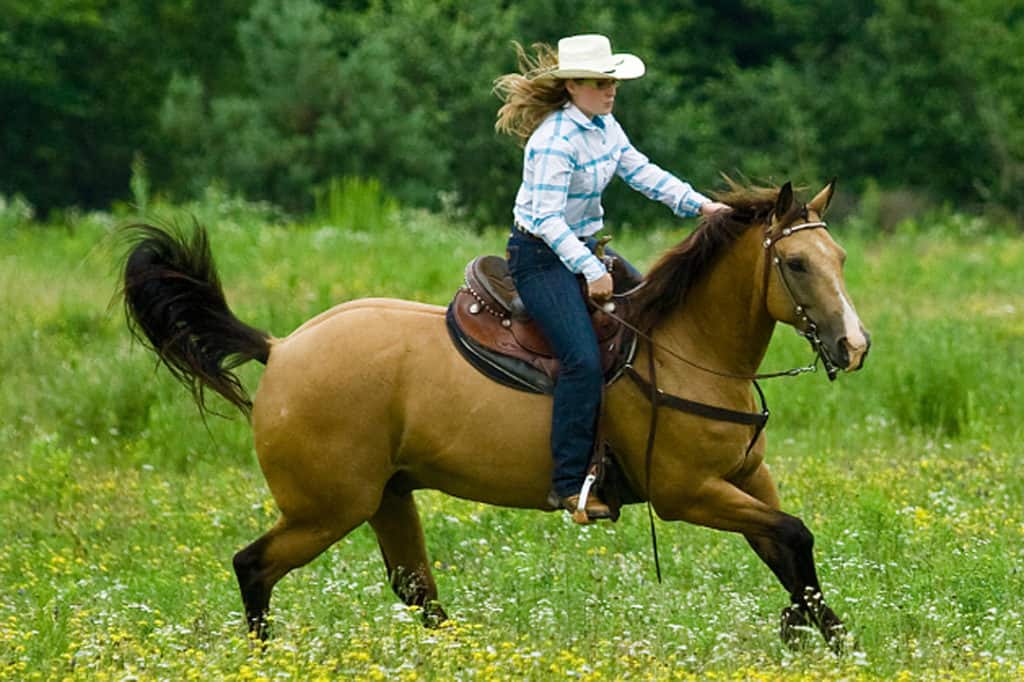
Healthy, Safe Trailering
Learn how to ensure your horse arrives safely and legally at your destination.

Learn how to ensure your horse arrives safely and legally at your destination.

Learn about leg conformation and angular, flexural, and rotational limb deformities in horses such as bow legs, knock knees, and club feet, and when to call the vet about these problems with Dr. Christy Corp-Minamiji of Davis, Calif.

Do you have a horse who likes his deworming paste better on you than in his belly? Learn how to deworm a problem horse with Dr. Lori Bidwell.

Learn about the latest microbiological methods for detecting the cause of a mare’s abortion with Dr. Erdal Erol of the University of Kentucky’s Veterinary Diagnostic Laboratory.

Flu, equine herpesviruses 1 and 4, and strangles commonly cause upper respiratory tract problems in horses with coughing, runny nose, and fever. How can you tell which one your horse has, and what can you do to prevent these diseases?

The United States has a growing problem with “unwanted” horses–those their owners no longer want for various reasons.

A Thoroughbred filly undergoes arthroscopic surgery to remove a bone chip from her left hind fetlock, increasing her chances of staying sound for horse racing. Dr. Chris Johnson of Woodford Equine Hospital in Versailles, Ky, explains the procedure.

Discussion of equine herpesvirus-1 neurologic disease and abortion, prevention, treatment and the latest research on preventing this disease in horses by Dr. Paul Lunn of Colorado State University.

Compounded or customized medications fulfill a critically important role in horse health care; however, these tailored medications aren’t always what compounders claim them to be, and some are illegal.

Learn how weather, horse age, stocking density, and practices such as dragging and rotating pastures can affect your horse’s worm burden. Dr. Lori Bidwell also gives management tips for minimizing worm populations in your horses.

Learn about how your horse’s body adapts to exercise and how to optimize his fitness.

Learn about the May 2011 outbreak of equine herpesvirus-1 (EHV-1) neurologic disease, along with background information on EHV-1 and recommendations for veterinarians to help diagnose, treat, and educate owners about this disease.

The May 2011 outbreak of the sometimes fatal neurologic disease caused by equine herpesvirus-1 (EHV-1) has generated widespread concern throughout the horse industry. Learn about recognizing, treating, and preventing this disease in this free webinar

Learn how your horse’s back works and causes of and treatments for equine back pain, with biomechanics researcher Dr. Hilary Clayton of Michigan State University.

What internal parasites can affect horses, and how much damage can they cause? How do we fight them? Dr. Lori Bidwell explains in this video.

What environmentally friendly management practices might work for you and your farm?
Stay on top of the most recent Horse Health news with
"*" indicates required fields